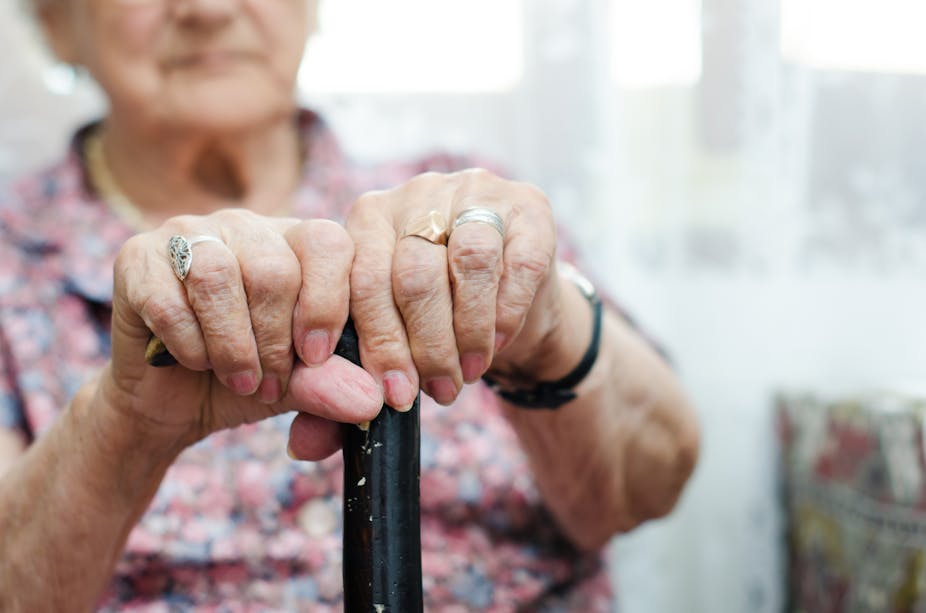The UK may well be the most watched nation on the planet, but when it comes to our country’s care homes many believe more still needs to be done in terms of safety and surveillance.
A recent campaign has called for CCTV cameras to be installed in every care home in the UK amid an increase in care home-related abuse cases and the reporting of horrific care home practices by the BBC’s Panorama programme.
While no one would want to dispute that society should be caring for the elderly, or that those involved in such abuse should be apprehended and prosecuted, the blanket surveillance of workers and residents to a degree that few reading this article would accept in their own homes, should be considered very carefully.
Eye in the sky
It is true that surveillance, or even the suggestion of surveillance, can improve people’s behaviour. Researchers have found that signs with a large pair of eyes can deter would-be bicycle thieves. And that even a picture of eyes by a communal work coffee pot can increase contributions to the adjacent honesty box. So it is likely that CCTV will encourage those staff who are not behaving as they should to act better, and in theory at least it is likely that any staff misbehaving will be caught.

Yet as anyone who has been bullied at school knows, there are always corners which can be found where no one is watching. One question of surveillance that this raises is whether we want to live in a society where people behave well purely because they are being monitored. This seems to be a sticking plaster solution to a far deeper wound.
A recent survey by the care homes chain, HC-One,] showed that the majority of workers at care homes are in favour of surveillance (63%) but less than half (47%) of the residents support the idea.
Privacy was highlighted as a big concern from residents, along with a large percentage of respondents worried about how the footage would be stored and viewed. By far the largest group in favour of surveillance were relatives (87%), going to show that out of sight doesn’t necessarily mean out of mind. But should this extra level of reassurance for friends and family come at the expense of residents’ personal privacy?
Big brother
It is a reasonable expectation that surveillance should both have a reason for being put in place and should be as discriminating as possible. But if abuse is not occurring in the majority of care homes is there really a need for residents, staff and visitors to be constantly under scrutiny. With no valid reason to install CCTV in the majority of homes, other than as a preventative measure the surveillance itself would be highly indiscriminate, targeting the innocent and guilty alike.
If there is no evidence of any harm taking place then it seems gratuitous to install CCTV in a home. The potential for harm is surely not sufficient to impose an actual harm on people – and surveillance does itself entail “harms”. With it comes a reduction in privacy, a feeling of being mistrusted, “chilling effects” on the development of relationships between residents, and a feeling of vulnerability towards whoever is watching.
Taking a wider view, if the potential for abuse of the elderly in private care homes merits universal surveillance, then what of the potential for abuse of people in their own homes? Are we reaching the stage where a campaign will be launched to have CCTV installed in every home in the country to prevent domestic abuse and paedophilia?
The images seen on Panorama and the cases which have made it to the public on the abuse of the elderly and vulnerable in care homes have been truly shocking and deserve our collective repugnance. However, forcing CCTV into every care home in the country against the wishes of the majority of residents and a significant minority of the workers is not the answer. There should instead be a greater investment in both the initial and ongoing training of staff, and managerial oversight of day-to-day operations. If there are grounds to suspect abuse then this could justify covert recording, but blanket surveillance is a step too far.

